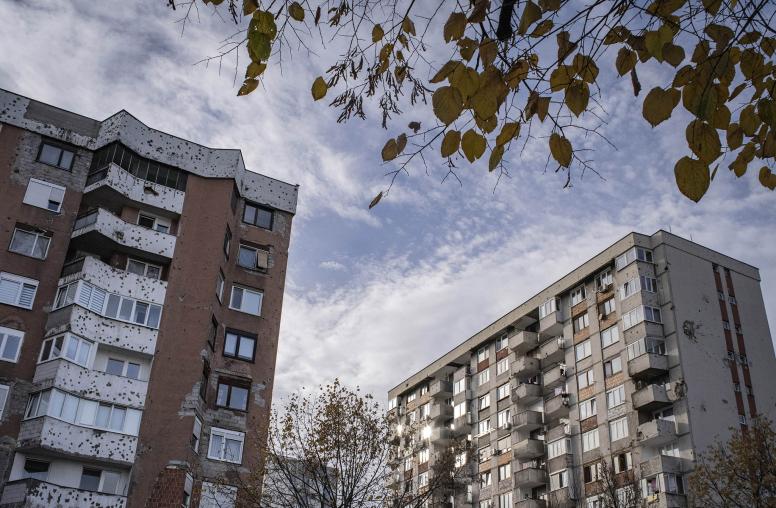The International Religious Freedom Act at 25
A Look at Its Legacies and the Future Implications for Global Peace and Security
The 25th anniversary of the landmark International Religious Freedom Act (IRFA) presents an opportunity to reflect on the United States’ strong bipartisan consensus around the centrality of religious freedom to ensuring peace and stability around the world.
USIP hosted a discussion on how the IRFA helped create a U.S. mandate for promoting international religious freedom, the successes and lessons of its implementation across multiple administrations, and the mission’s ongoing relevance to global peace and security.
Speakers
Lise Grande, welcoming remarks
President and CEO, U.S. Institute of Peace
Frank Wolf, keynote remarks
Former U.S. Representative from Virgina
Don Nickles, keynote remarks
Former U.S. Senator from Oklahoma
Katrina Lantos Swett, keynote remarks
Former Chair, U.S. Commission on International Religious Freedom
Rashad Hussain, keynote remarks
U.S. Ambassador-at-Large for International Religious Freedom
Panelists
Robert Seiple
Former U.S. Ambassador-at-Large for International Religious Freedom
John Hanford
Former U.S. Ambassador-at-Large for International Religious Freedom
Suzan Johnson Cook
Former U.S. Ambassador-at-Large for International Religious Freedom
David Saperstein
Former U.S. Ambassador-at-Large for International Religious Freedom
Sam Brownback
Former U.S. Ambassador-at-Large for International Religious Freedom
Palwasha Kakar, moderator
Interim Director, Religion and Inclusive Societies, U.S. Institute of Peace



